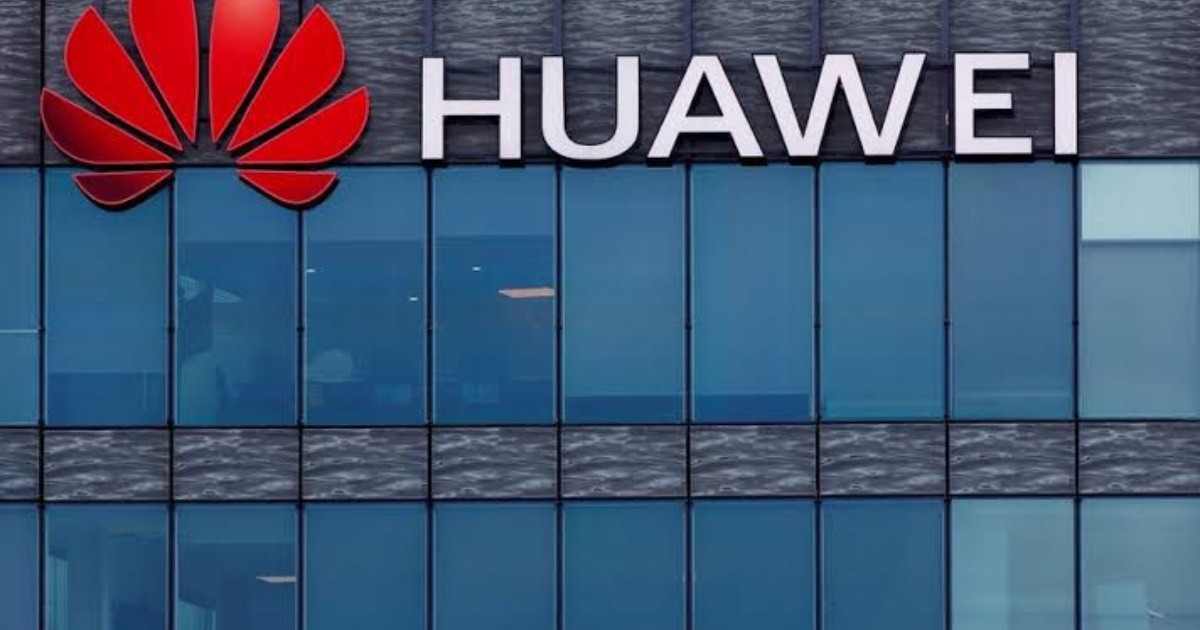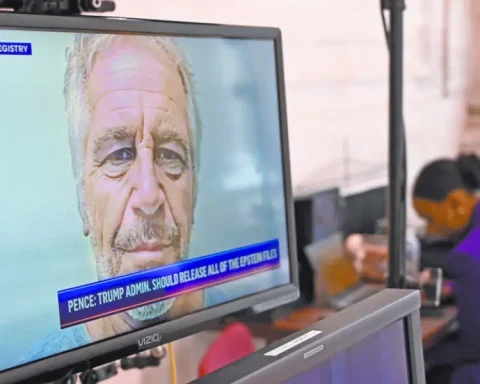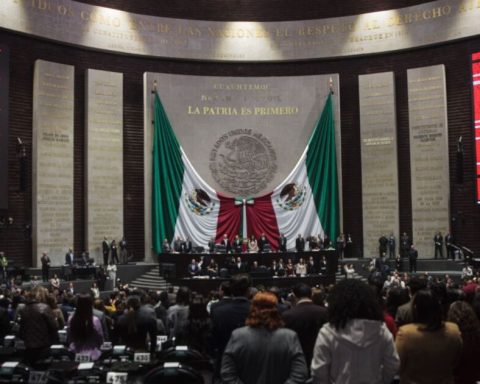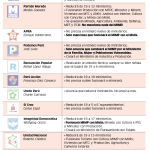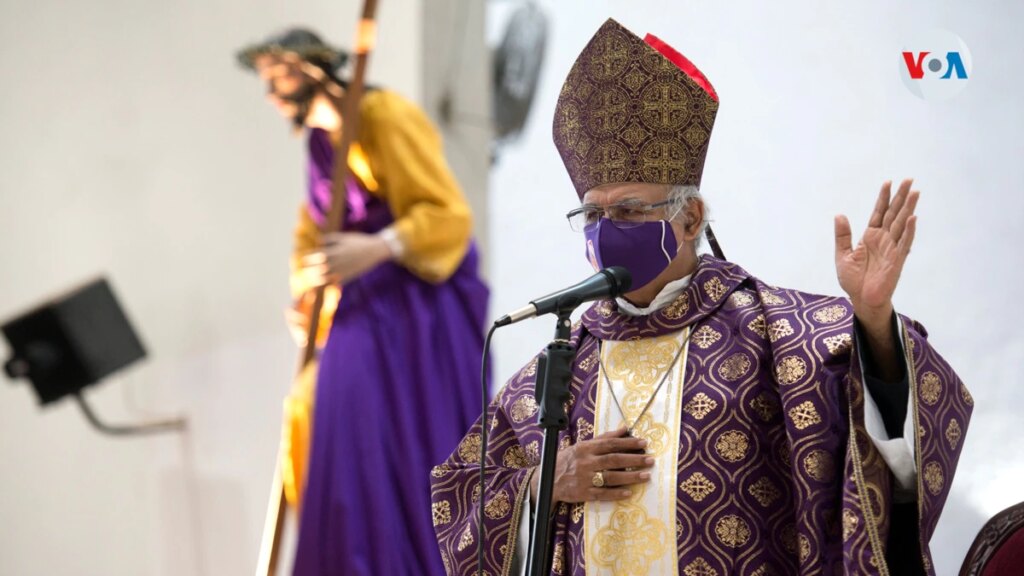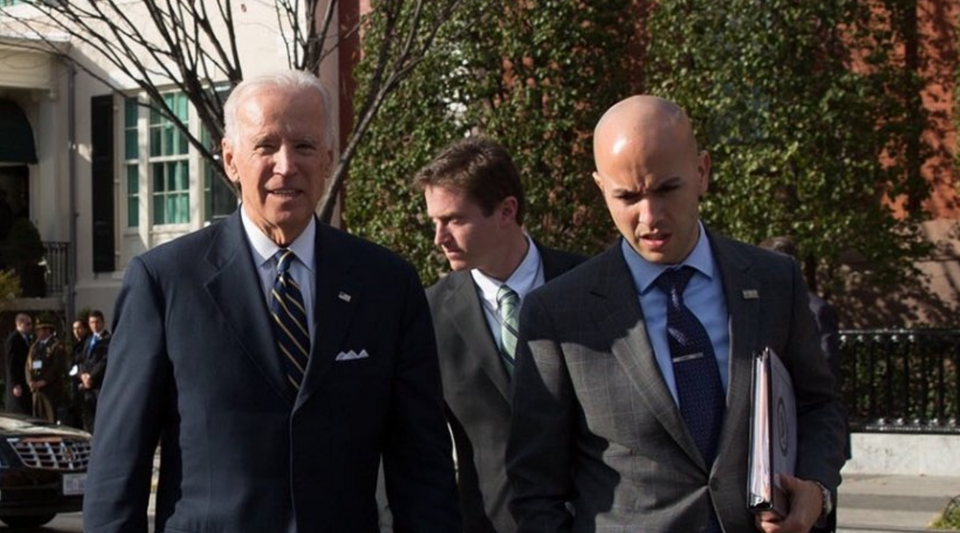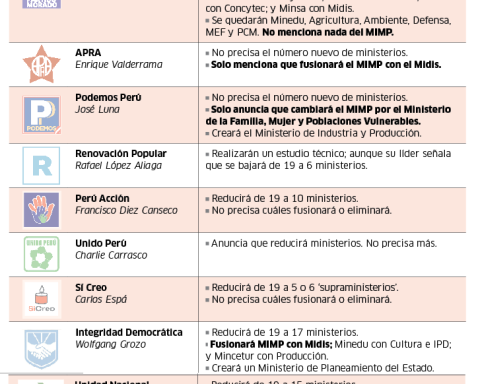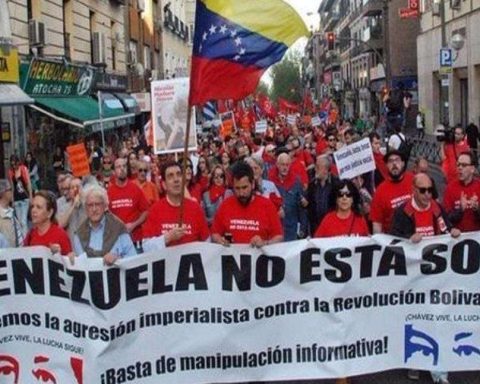China condemned this friday Canada’s “baseless” decision to ban the installation of 5G networks Chinese telecom giants Huawei and ZTE due to national security concerns.
Relations between the two countries soured in 2018 with the arrest in Canada, at the request of the United States, of Meng Wangzhou, the financial director of Huawei.
In a context of rivalry, Washington, for its part, has increased pressure against Chinese technological jewels in recent years.
Washington regularly accuses Huawei of posing a danger to national security due to its possible links with Chinese intelligence services, something the company denies.
The United States is urging its allies to remove ZTE and especially Huawei from its 5G networks, arguing that Beijing could use these companies to monitor a country’s communications and data traffic.
After years of hesitation, Canada decided on Thursday to ban the two groups from installing 5G networks.
“We announce our intention to ban Huawei and ZTE products and services from Canada’s telecommunications systems,” Industry Canada Minister Francois-Philippe Champagne said.
“This follows a thorough review by our security agencies and in consultation with our closest allies,” Champagne said.
The day after the announcement, Beijing expressed its discontent.
“China is firmly opposed to this,” Foreign Ministry spokesman Wang Wenbin told reporters, adding that Beijing will take “all necessary measures” to protect Chinese companies.
The spokesman did not specify what these measures might be.
hostile actors
Canada already prohibited Huawei from participating in public tenders for basic network equipment.
The United States, Australia, the United Kingdom, New Zealand, Japan and Sweden have already blocked or restricted the use of Huawei technology in their 5G networks.
5G technology, which is rapidly being deployed around the world, offers very high-speed access to the internet and is set to play a key role in connected objects.
5G “represents a great opportunity for competition and growth,” but “it also carries risks,” Canadian Public Safety Minister Marco Mendicino said on Thursday.
“There are many hostile actors who are ready to exploit vulnerabilities” in telecommunications networks, he added.
Crisis
The diplomatic relationship between China and Canada soured at the end of 2018 with the arrest in Vancouver of Meng Wanzhou, Huawei executive and daughter of the founder of the Chinese telecommunications group.
This marked the start of a major crisis between the two countries known as “hostage diplomacy”, with the parallel detention in China of two Canadians, former diplomat Michael Kovrig and businessman Michael Spavor.
The three were released in September 2021 after Meng reached a plea deal with US prosecutors on fraud charges.
The decision to ban Huawei and ZTE from installing 5G networks in Canada came on the same day that China lifted a three-year ban on Canadian canola imports.
In March 2019, the Chinese authorities had revoked the license of Canada’s largest agricultural producer, Richardson, and the company Viterra Inc.
The move was seen as retaliation by Beijing for Meng Wanzhou’s detention in Canada.
